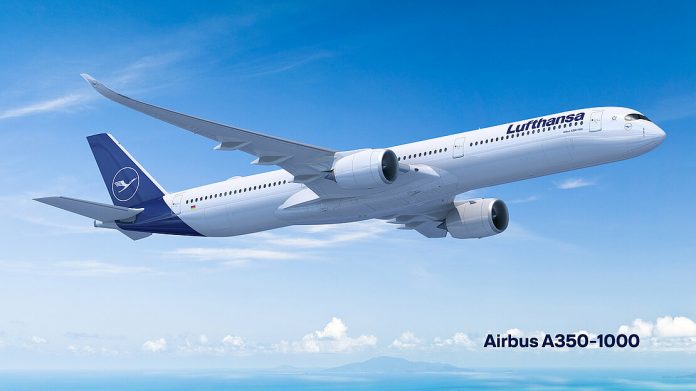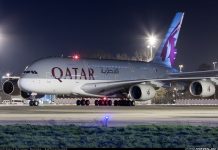The Lufthansa Group is purchasing more state-of-the-art long-haul aircraft. The Group Executive Board has resolved to order ten Airbus A350-1000 passenger aircraft, five Airbus A350-900 passenger aircraft and seven Boeing 787-9 ‘Dreamliner’ passenger aircraft.
The orders which were approved by the Supervisory Board of parent company is expected to be delivered to the Lufthansa Group from the mid-2020s onwards. Based on list prices, the order is worth a total of about 7.5 billion US dollars and is in line with Group’s mid-term financial planning.
The Lufthansa Group is also in advanced negotiations to acquire further long-haul aircraft which could be made available at shorter notice.
According to the Chief Executive Officer of Deutsche Lufthansa AG, Carsten Spohr, these aircraft will be equipped with new long-haul cabins, including the latest-generation seats in all classes of travel. In his words, he said, “The combination of our superb employees on the ground and on board, these highly advanced aircraft and our latest seating product on board will position our airlines well to the fore again within the premium segment. These new aircraft will also play a decisive role in helping us achieve our carbon emission reduction goals by 2030 as fuel-efficient aircraft which incorporate the latest manufacturing technology are by far the greatest lever for providing more climate protection within the aviation sector.”
The Lufthansa Group will take delivery of 108 state-of-the-art long-haul aircraft such as the Airbus A350-1000, the Airbus A350-900, the Boeing 787-9 and the Boeing 777-9 over the next few years. In doing so, the Group will operate the quietest, most profitable and most economical long-haul aircraft that are currently in service. On average the new aircraft consume just 2.5 liters of fuel per passenger per 100 kilometers – some 30 percent less than their predecessor aircraft types.
In addition to the agreement on the purchase of the new aircraft, Airbus and Lufthansa have also signed a ‘Memorandum of Understanding’ to further strengthen their cooperation in the field of sustainability and future technologies. This includes the intensified use of sustainable aviation fuels, the further optimization of operations through a more efficient flight management and exploration into the use of hydrogen.












